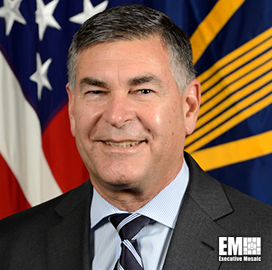The Air Force Research Laboratory has awarded the University of Dayton Research Institute an $88 million contract for autonomous technology-focused research and development efforts.
Under the Soaring Otter program, UDRI said Thursday it will work on the development, testing, evaluation and integration of autonomous systems, novel computing approaches, new application spaces, open system architectures and maturing system support.
Patrick Hytla, senior image processing engineer in UDRI’s applied sensing division, said the university will bring to Soaring Otter expertise in machine learning, neuromorphic computing and other related areas to help the U.S. Air Force improve global situational awareness, information sharing and decision making.
The university’s research arm received initial funding of $1.8 million for the program and will work on automated technologies for five years.








